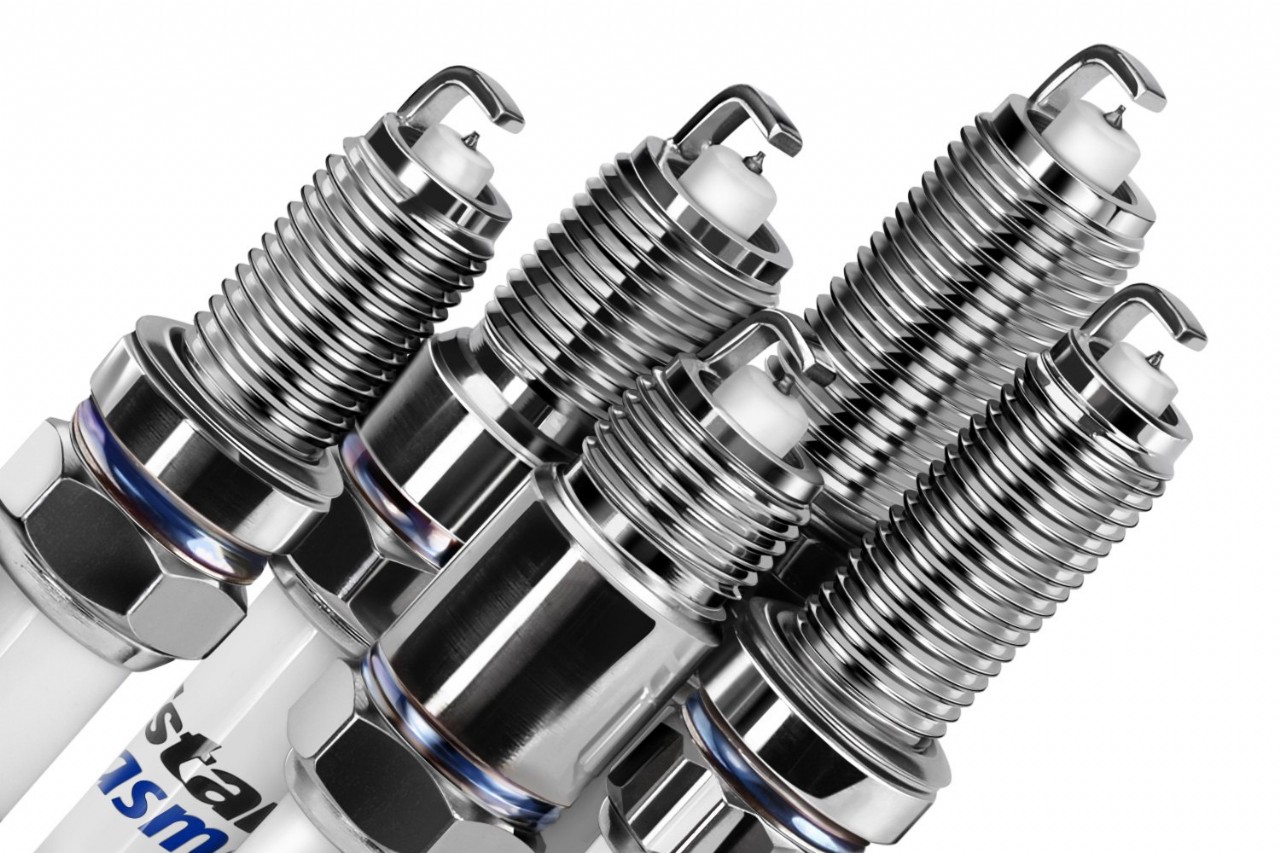Nemo wrote about "fuel quality assessment" (Saturday, December 9, 2023)
Fuel Quality Assessment
Fuel Quality Assessment
Fuel quality assessment plays a crucial role in ensuring that the fuel we use meets the required standards for efficiency, safety, and environmental impact. As society continues to search for alternative energy sources, evaluating the quality of fuel becomes paramount.
Why is fuel quality assessment important?
Poor fuel quality can have several negative consequences. Firstly, it can lead to reduced engine efficiency, causing vehicles to consume more fuel and emitting higher levels of harmful pollutants. Secondly, it can damage the engine and fuel system components, leading to costly repairs and decreased vehicle lifespan.
Fuel quality assessment includes analyzing properties such as octane rating, cetane number, volatility, sulfur content, and energy content. These properties directly impact fuel performance, safety, and environmental impact.
How is fuel quality assessed?
Fuel quality assessment involves various laboratory and field tests. One common method is known as the fuel analysis, where samples are collected from different sources and analyzed to determine their chemical composition and performance levels.
Some key tests performed during fuel quality assessment are:
- Octane Rating: Determines the fuel's ability to resist "knocking" or detonation in an engine. Higher octane rating fuels are typically used in high-performance vehicles.
- Cetane Number: Measures the ignition delay time for diesel fuel, indicating its combustion quality. Higher cetane numbers signify better ignition quality.
- Volatility: Assessing a fuel's evaporation characteristics is important for cold and hot weather performance. Too much volatility may cause vapor lock or difficult cold starting.
- Sulfur Content: High sulfur content in fuel produces harmful emissions and damages the catalytic converters in vehicles equipped with emission control systems.
- Energy Content: Determines the amount of heat energy released per unit volume of fuel. Lower energy content leads to reduced mileage and vehicle performance.
Benefits of fuel quality assessment
The benefits of assessing fuel quality are multifaceted. Firstly, it ensures that vehicles operate at their optimal performance levels, reducing fuel consumption and emissions. Secondly, it protects engines and fuel system components from damage, improving durability and reducing maintenance costs.
Fuel quality assessment also contributes to a safer environment by reducing harmful emissions and promoting the use of cleaner fuel options. It aids in complying with environmental regulations and fostering sustainable practices.
Conclusion
Fuel quality assessment is a critical aspect of the modern fuel industry. It ensures that the fuel we use meets necessary standards for efficiency, safety, and environmental sustainability. By evaluating properties such as octane rating, cetane number, volatility, sulfur content, and energy content, we can enjoy improved vehicle performance, reduced emissions, and longer-lasting engines. With fuel quality assessment, we pave the way for a cleaner and more sustainable future.
Toby wrote about "fuel quality assessment" (Saturday, December 9, 2023)
Fuel Quality Assessment
Fuel Quality Assessment
Fuel quality assessment is an important process that involves evaluating the standard and suitability of fuels for various applications. It helps ensure the efficiency, reliability, and safety of vehicles, machinery, and equipment that rely on these fuels.
Why is Fuel Quality Assessment Necessary?
Assessing fuel quality is necessary for several reasons. Firstly, it helps determine whether the fuel meets regulatory and industry standards. Adhering to these standards ensures environmental protection, as cleaner fuels emit fewer pollutants and reduce harmful emissions into the atmosphere.
Secondly, a thorough assessment of fuel quality helps optimize performance and longevity of engines and other fuel-dependent systems. Poor-quality fuels can result in lower power output, reduced efficiency, increased maintenance costs, and even premature failure of parts.
Furthermore, fuel quality assessment aids in comparing different fuel suppliers, enabling consumers to make informed decisions based on reliability, cost-effectiveness, and environmental impact. It also plays a crucial role in identifying counterfeit fuels and preventing their use, as they can pose serious threats to both consumers and the environment.
The Fuel Quality Assessment Process
Fuel quality assessment involves various tests and examinations that determine different aspects of fuel performance. These assessments are performed by certified laboratories equipped with state-of-the-art instruments and trained personnel. Some of the common tests include:
- Density Test: Measures the mass of fuel per unit volume. It determines the energy content and fuel efficiency.
- Octane Rating: Determines the ability of gasoline to resist knocking. Higher octane numbers indicate superior performance.
- Cetane Rating: Evaluates the ignition quality of diesel fuel. Higher cetane numbers correspond to better combustion performance.
- Sulfur Content Analysis: Assesses the level of sulfur present in the fuel, as high sulfur content can result in increased emissions and damage to catalytic converters.
- Flash Point Test: Determines the temperature at which the fuel produces enough vapor to form an ignitable mixture. It helps evaluate the fuel's safety during storage and transportation.
- Corrosion Testing: Identifies the potential for fuel to cause corrosion or rust in fuel tanks, pipelines, and engine components.
The Importance of Reliable Fuel Quality Assessment
Reliable fuel quality assessment is crucial for various stakeholders, including consumers, fuel suppliers, and regulatory authorities. It ensures that consumers can confidently rely on the fuel they purchase, minimizing any potential risks associated with poor quality fuel. Fuel suppliers benefit by differentiating themselves based on the quality of their products, promoting customer loyalty and trust. Regulatory authorities can enforce standards effectively, maintain environmental compliance, and safeguard public health and safety.
Conclusion
Fuel quality assessment is an essential process that ensures the quality, performance, and safety of fuels used in various applications. Regular assessments help maintain compliance with industry standards, protect the environment, optimize engine performance, and prevent the use of counterfeit fuels. As consumers, we must prioritize fuel quality by choosing reliable suppliers and supporting regulatory efforts to create a cleaner and more sustainable future.



 65
65